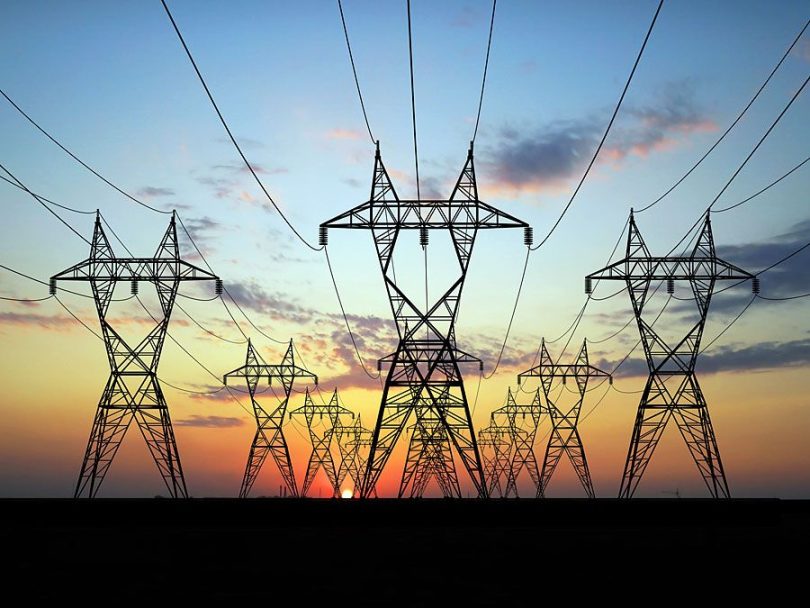By Constance Athekame
Many residents of the Federal Capital Territory (FCT), on Bands B to E. have alleged discriminatory supply of electricity to their homes and business premises.
According to them, the Abuja Electricity Distribution Company (AEDC) is giving preference to consumers on Band A and neglecting those on other Bands.
The consumers who reside in Kubwa, Kuje, Dutse and Gwagwalada made the allegation in an interview with the News Agency of Nigeria (NAN) in Abuja on Sunday.
They said the development had led to epileptic power supply to those on other Bands.
Mrs Erica Ekama, a civil servant, and a resident of Kubwa said that from her investigation, she learnt that AEDC was concentrating more on Band A customers, describing AEDC’s action as frustrating.
According to Ekama, the discriminatory action is killing many small businesses as well as households’ storage of food supplies.
“For me, I think AEDC should put all consumers on Band A, instead of putting some on Bands B, C, D and so on and see if they will not pay for Band A.
“I don’t mind if I am on Band A and I see constant power supply, I will be willing to pay and it is my belief that other Nigerians will also be willing to pay if electricity is regular and stable.
“Electricity is cheaper than buying fuel to power generator, we all know how expensive fuel is.
“Many of us not on Band A feel that we are being discriminated against,” she said.
According to her, I am happy that I am on prepaid meter, if I see power supply fine, if I don’t see no need to pay for services not rendered.
“The AEDC need to improve on their infrastructure so as to give their customers constant power supply.” she said.
Mr Joshua Okon, a civil servant also residing in Kubwa said that government should focus on ways to provide reliable power supply to consumers instead of putting them on different Bands.
According to him, if power supply is regular people will pay for it.
He said that instead of concentrating only on those on Band A, electricity should be supplied to every household in the country irrespective of where you reside
Mrs Ijeoma Okafor, a resident of Kuje, said she was on Band B, also corroborated what Okon said.
Okafor said that in Kuje, AEDC does rationing of power supply, adding that even on days that they were supposed to have supply, there would be no light till very late in the night.
“Electricity should be regulated, so that consumers are not left out in getting adequate supply.
“There should be inclusive power distribution for all residents whether Band A or E,’’she said.
Mr Amos Osagie, a resident of Dutse emphasised that consumers should pay based on the units consumed, not the number of hours that power was supplied.
According to him, those on Band A are enjoying up to 18 to 20 hours power supply daily, while others are left to suffer.
“Those on Band A are enjoying regular power supply while others are left to suffer, are we not Nigerians like them?.
“Government should find a way of providing reliable and steady power supply to all Nigerians and the tariff should be uniform not satisfying some and leaving others unsatisfied,’’ he said.
Mr Chika Okonji, also residing in Dutse wants the price of electricity reviewed downward to create an equal tariff for all consumers.
Okonji said that electricity was important in the lives of everyone as it was used at home and businesses, adding that a situation where some had power supply for close to 20 hours a day and others don’t get for more than two to five hours should be looked into.
“Everyone is equal, so they should be placed on affordable rate, based on the number of units they consume,” he said
Mr Timothy Akpan, also residing in Dutse said that consumers on other Bands were really suffering due to lack of constant power supply.
Akpan urged the government to stop the preference being given to consumers on Band A and give electricity to all citizens with a uniform tariff.
Mrs Iguodala Amah, who resides at Gwagwalada, said that if government decides to move all consumers to Band A, it would be a right step provided the supply of power would be stable and consistent.
Amah said that whatever Band anyone found himself, government should ensure that the infrastructure was in place for stable power supply.
NAN reports that under the existing framework, Band A customers, who are guaranteed 18 to 20 hours of electricity daily, pay N209.5 per kilowatt-hour (kWh), while Band B pay N63 per kilowatt-hour (kWh).
Customers on Band C are expected to have 12 hours daily and pay between 45 per kwh and 47 per kwh, while those on D minimum of eight hours daily and pay between 32 per kwh and 43 per kwh.
Consumers on Band E get power supply for a minimum of four hours daily and pay between 32 per kwh and 43 per kwh. (NAN)

